The messy 9-year development of Dead Island 2
Original developer Techland has made two Dying Light games while this languished in limbo.
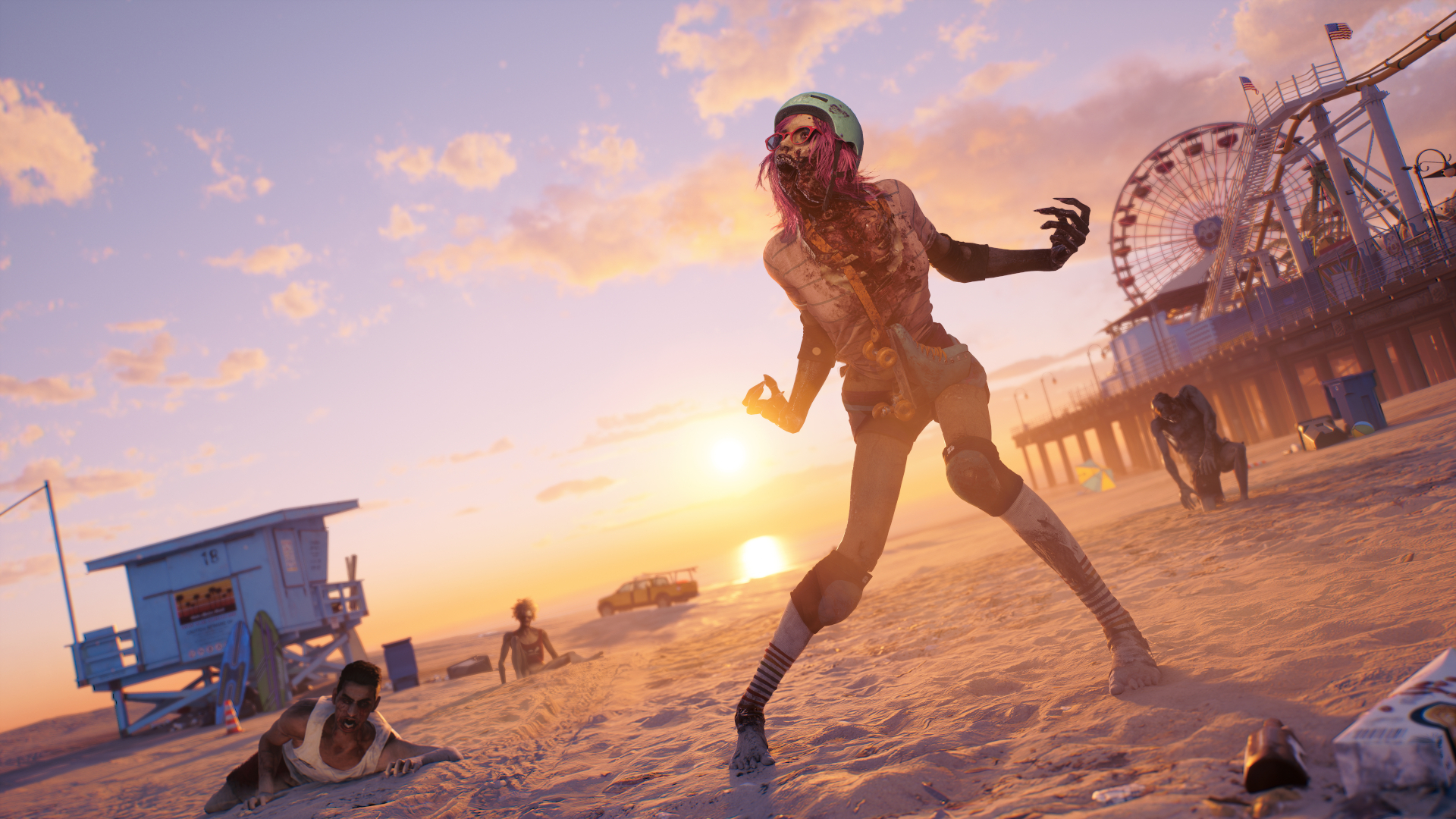
If ever a game was sold on an inspired trailer, Dead Island was that game. Originally announced at E3 2006 by developer Techland, then best-known for its work on the Call of Juarez series, Dead Island suffered considerable delays before eventually breaking cover with a CG trailer that grabbed everyone's attention. Showing a family's grisly fate in reverse order, with an understated piano backing as time speeds up, slows and freezes, the quality of its cinematography was unusual then and now.
The game, of course, was nothing like this trailer. But this is what sold Dead Island to people. Fair warning: The animation is graphic, and caused controversy at the time for its inclusion of the family's young child.
Dead Island was a commercial success for Techland and publisher Deep Silver, selling over five million copies, and naturally enough the publisher wanted more of the same. The core team at Techland who'd made Dead Island, however, didn't consider Deep Silver's plans to be ambitious enough. Deep Silver, for its part, thought the studio was being too ambitious.
Instead of making Dead Island 2 with Deep Silver, most of Techland's Dead Island team would move onto another project, which would eventually become Dying Light, while the studio put another team on the standalone expansion-cum-sequel Dead Island: Riptide. This was released two years after the original game to mixed reviews, and marked the end of Techland's involvement with the series.
"Well, you know, we had our ups and downs," Techland game designer Maciej Binkowski told Eurogamer in 2014. "There's always tension between the publisher and developer. For us it turned out well, because being forced to come up with a new IP... We can't just make a Dead Island 2 and change the name; it's got to be something fresh, it's got to be something unique. It was a bit tough. I would love to make a direct sequel, but at some point a decision was made."
In 2014, Deep Silver had announced that Dead Island 2 was in development at German studio Yager, best-known for Spec Ops: The Line. It tried to once again make a big splash at E3 2014 with a trailer that, while it doesn't and couldn't quite live up to the original, is excellent in its own right and established a new and slightly more comic tone for the series (one that arguably suits the moment-to-moment gameplay better).
False start
"Having a project cancelled in such a late state is a catastrophic event on so many different levels."
Timo Ullmann, MD of Yager
It didn't last long. In July 2015, Deep Silver and Yager announced they were parting ways.
The biggest gaming news, reviews and hardware deals
Keep up to date with the most important stories and the best deals, as picked by the PC Gamer team.
"The team worked with enthusiasm to take Dead Island 2 to a new level of quality," wrote Timo Ullmann at the time, MD of Yager Group. "However, Yager and Deep Silver's respective visions of the project fell out of alignment, which led to the decision that has been made."
Yager had, however, been working on Dead Island 2 for three years by this point and, while not complete, the game was close to being finished. Exactly how close we'll come to, but a few months after the cancellation was announced, Ullmann was more forthcoming about the effect Dead Island 2 had on Yager.
"Having a project cancelled in such a late state is a catastrophic event on so many different levels," Ullmann told GamesIndustry.biz. "It really is the worst possible outcome. Everybody involved loses."
Dead Island 2's cancellation led to the closure of Yager Productions, a division of the company created specifically to work on the game. Over half of those involved with the game lost their jobs, with others leaving Yager, bitter that the project they'd worked on would never see the light of day.
"I really don't blame them, and we wish them all the best," said Ullmann. "It's tough, and not being given the chance to finish Dead Island 2, that... that hurts, you know? Right after the announcement a part of the team was a bit shell-shocked, of course, but you have to motivate yourself to keep going. Cancellation of projects, especially if the stakes are so high, is not unheard of. It hurt us, yes, but it happens."
That wasn't the end for Yager's version of Dead Island 2, however. Five years after its cancellation, a playable build dating from just one month prior somehow leaked into the wild, and everyone could finally see that, yup, it sure seemed like a Dead Island game.
"A THQ financial report in 2019 finally blew the lid: Sumo Digital was no longer on the project."
This was clearly a game that could have been brought to market, but wasn't. At the time, Dead Island was the biggest-selling brand in Deep Silver's history, with multiple spinoffs in development as well as the sequel, and there must have been a feeling at the publisher that this game might mess things up. Given that it seems Yager was expecting, or perhaps hoping against hope, to ship the game, I'd wager that this version of Dead Island 2 wasn't bad but just risked being another Riptide, and Deep Silver didn't want to kill the golden goose.
In March 2016, it was announced that British developer Sumo Digital would be taking over development of the title.
"It's an honour to be charged with the evolution of such an important franchise in Deep Silver’s catalogue," said Sumo COO Paul Porter. "We're looking forward to exceeding fan expectation with an ambitious design that we're confident will take bone-crunching, visceral, zombie action to a whole new level."
Sumo Digital's version of Dead Island 2 was apparently something of a zombie project itself, with the British studio charged with taking the foundations of Yager's work and building on it to Deep Silver's expectations. But that's just scuttlebutt, because there's surprisingly little public information about what went on with Dead Island 2 over its three years with Sumo. Things went quiet for around a year, until rumours of development troubles led to Deep Silver issuing a holding statement about development being ongoing, a process that was repeated in 2018 when a Dead Island mobile spinoff was released and prompted more questions about the sequel.
A THQ financial report in 2019 finally blew the lid: Sumo Digital was no longer on the project. Deep Silver was being, perhaps understandably, non-committal about exactly what had been going on, and whether we'd see the game in one year or five. Probably because, and I'm just guessing here, it didn't quite know either.
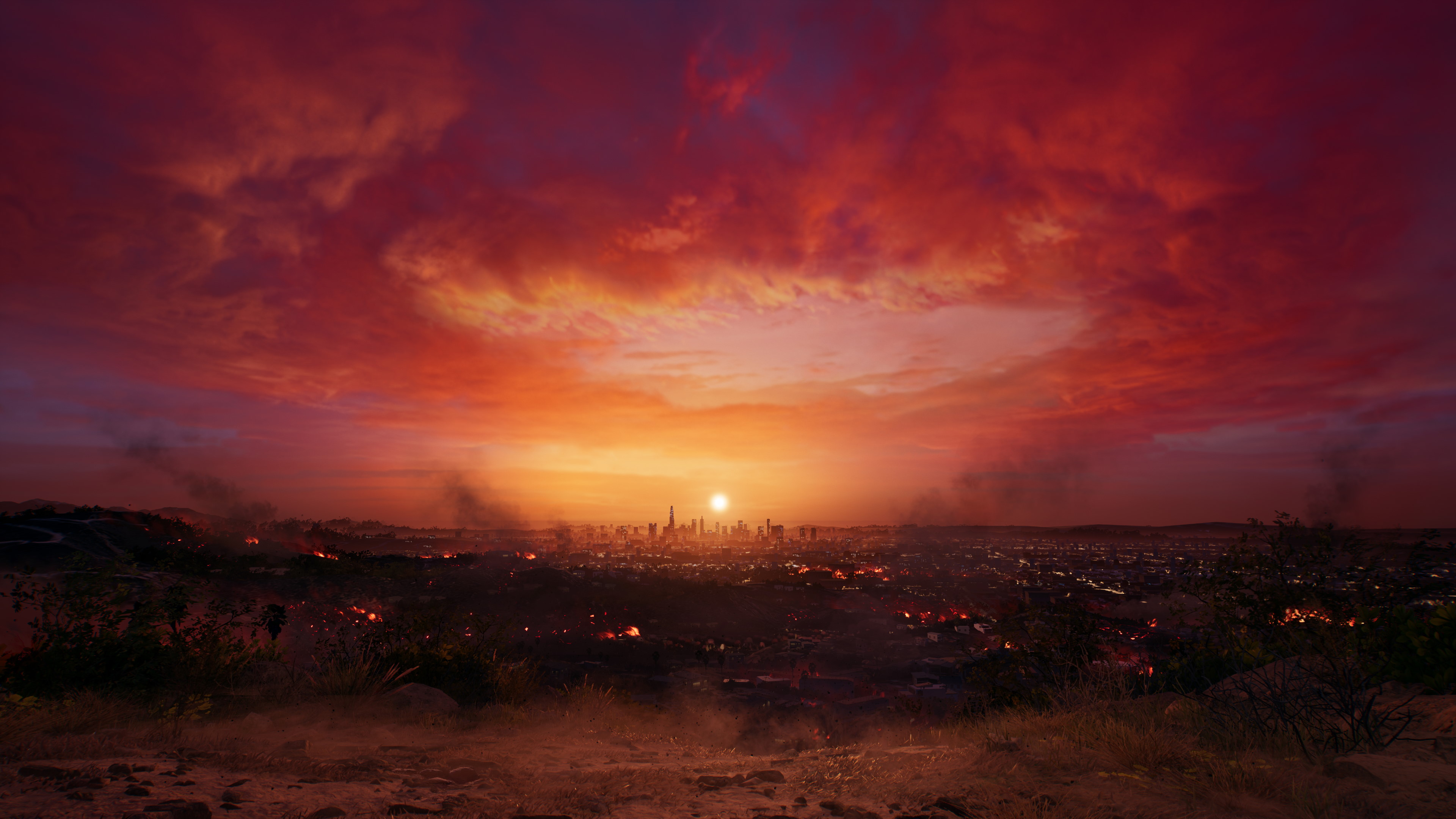
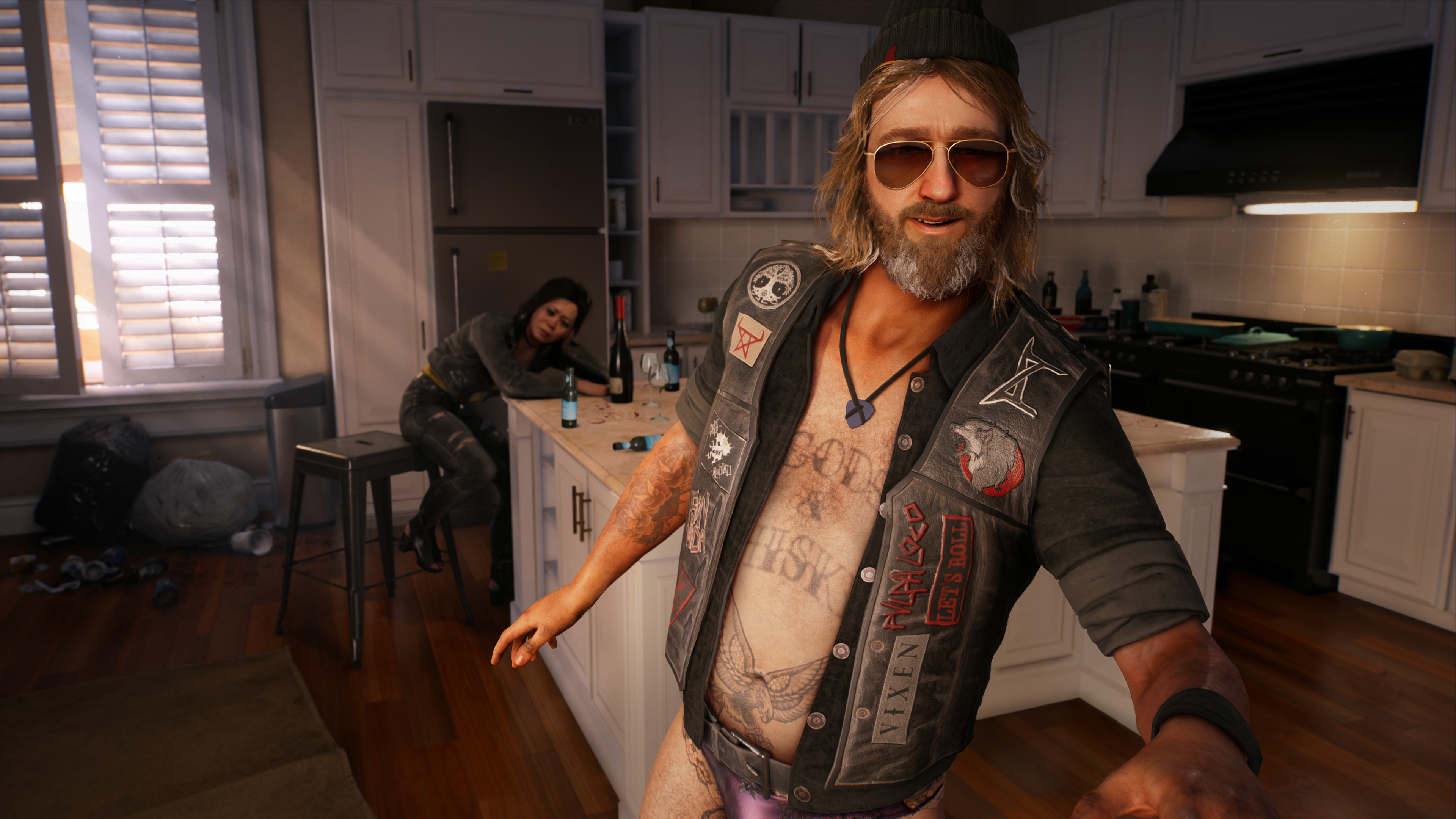
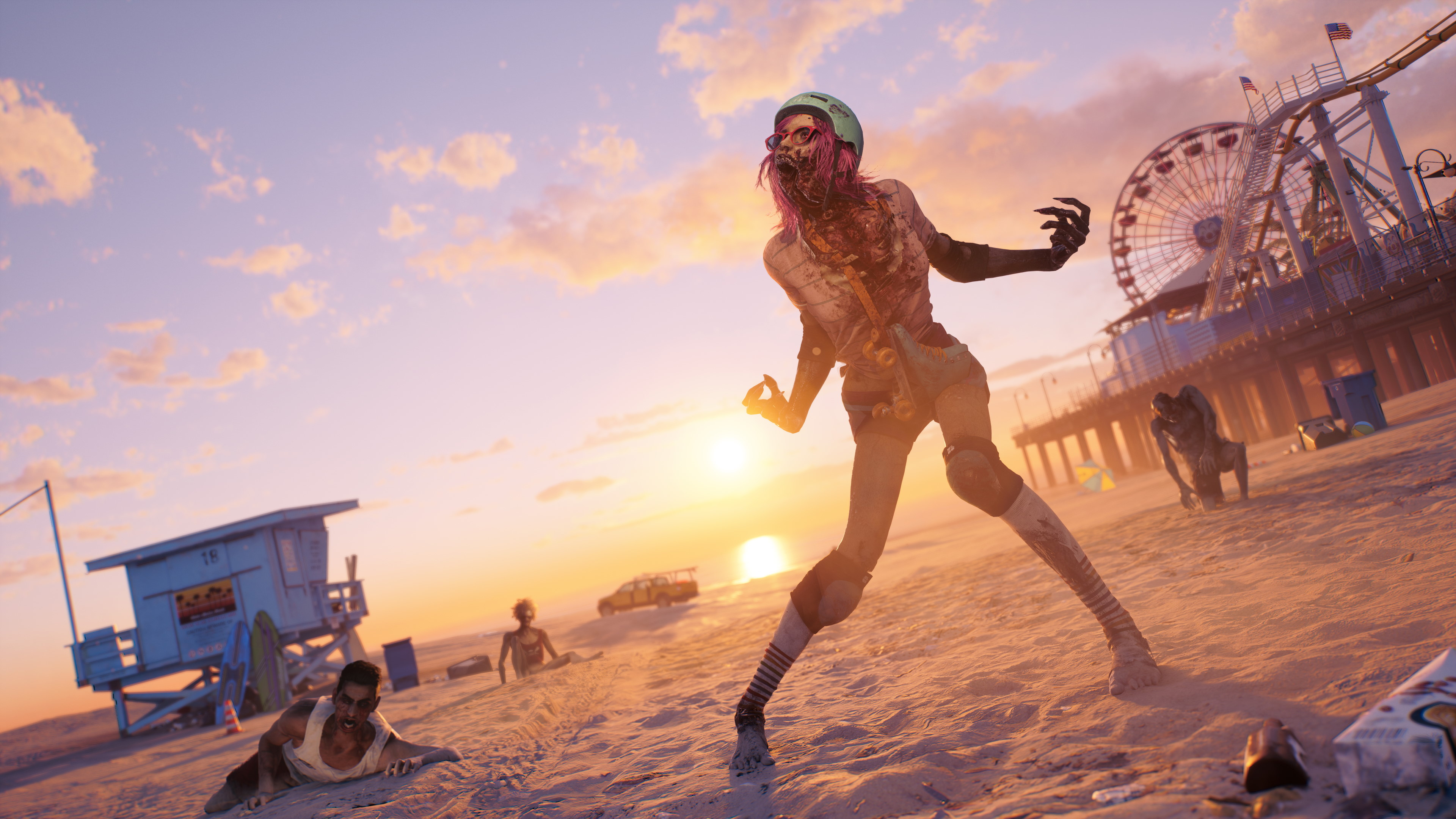
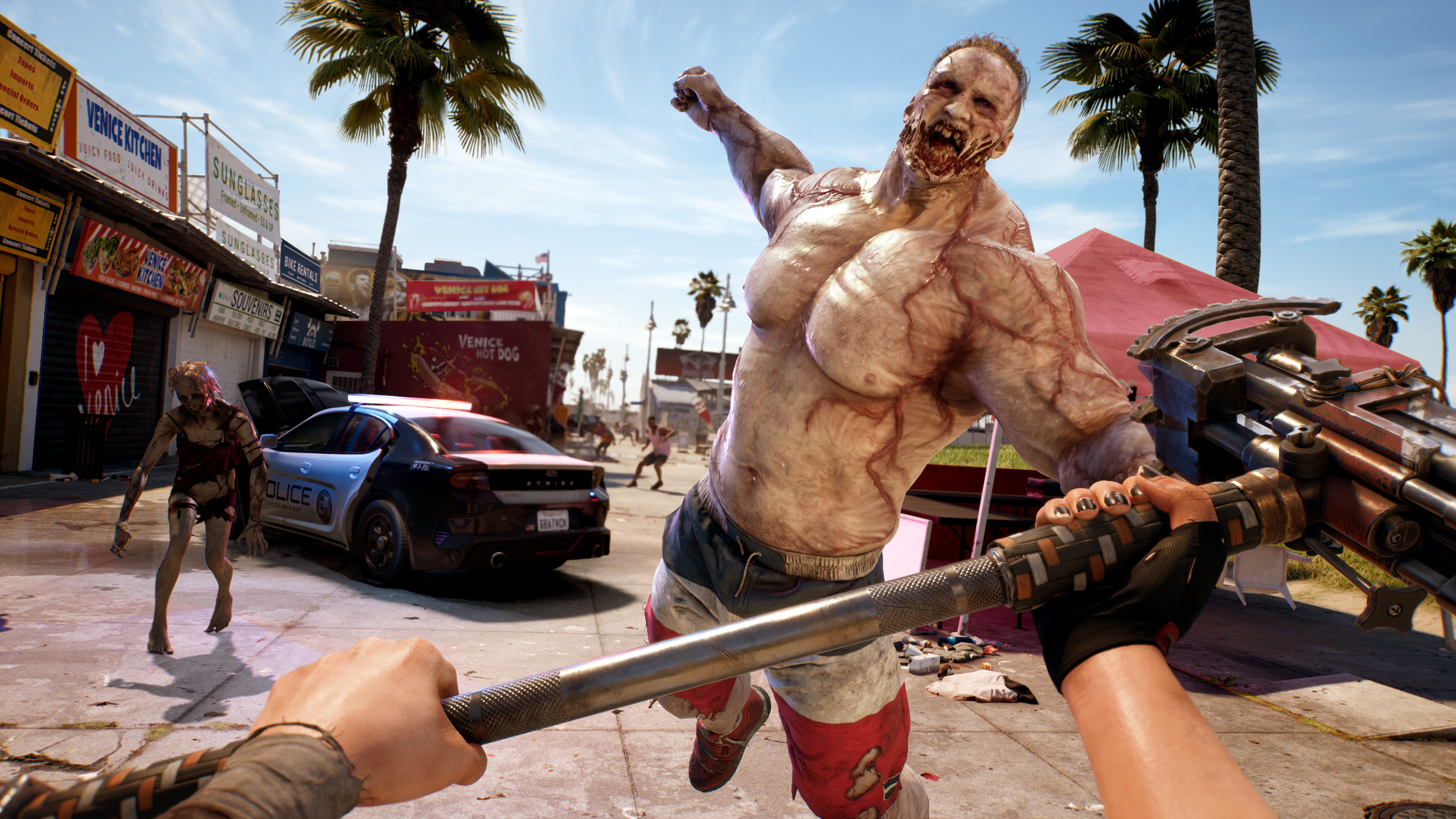
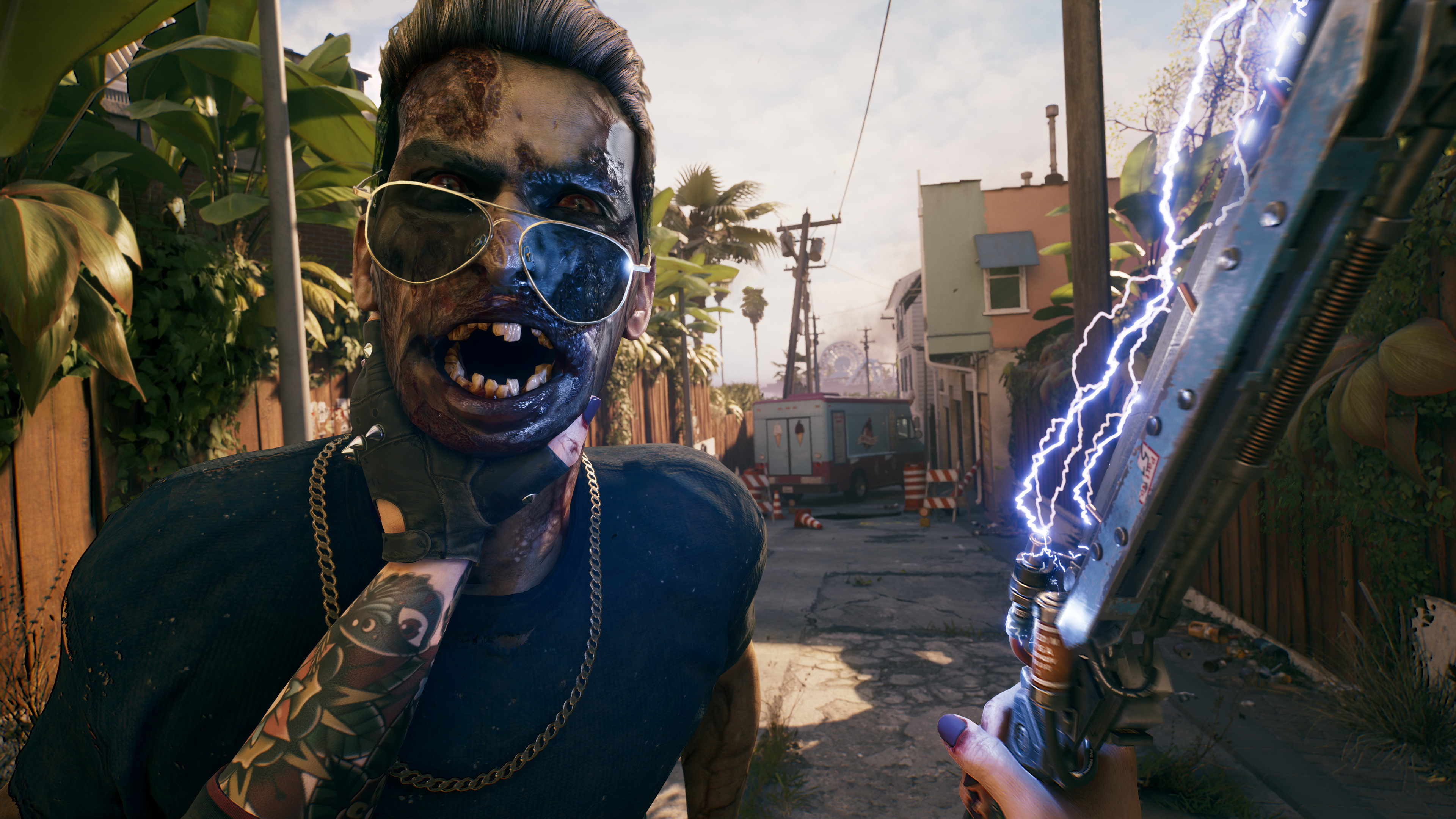
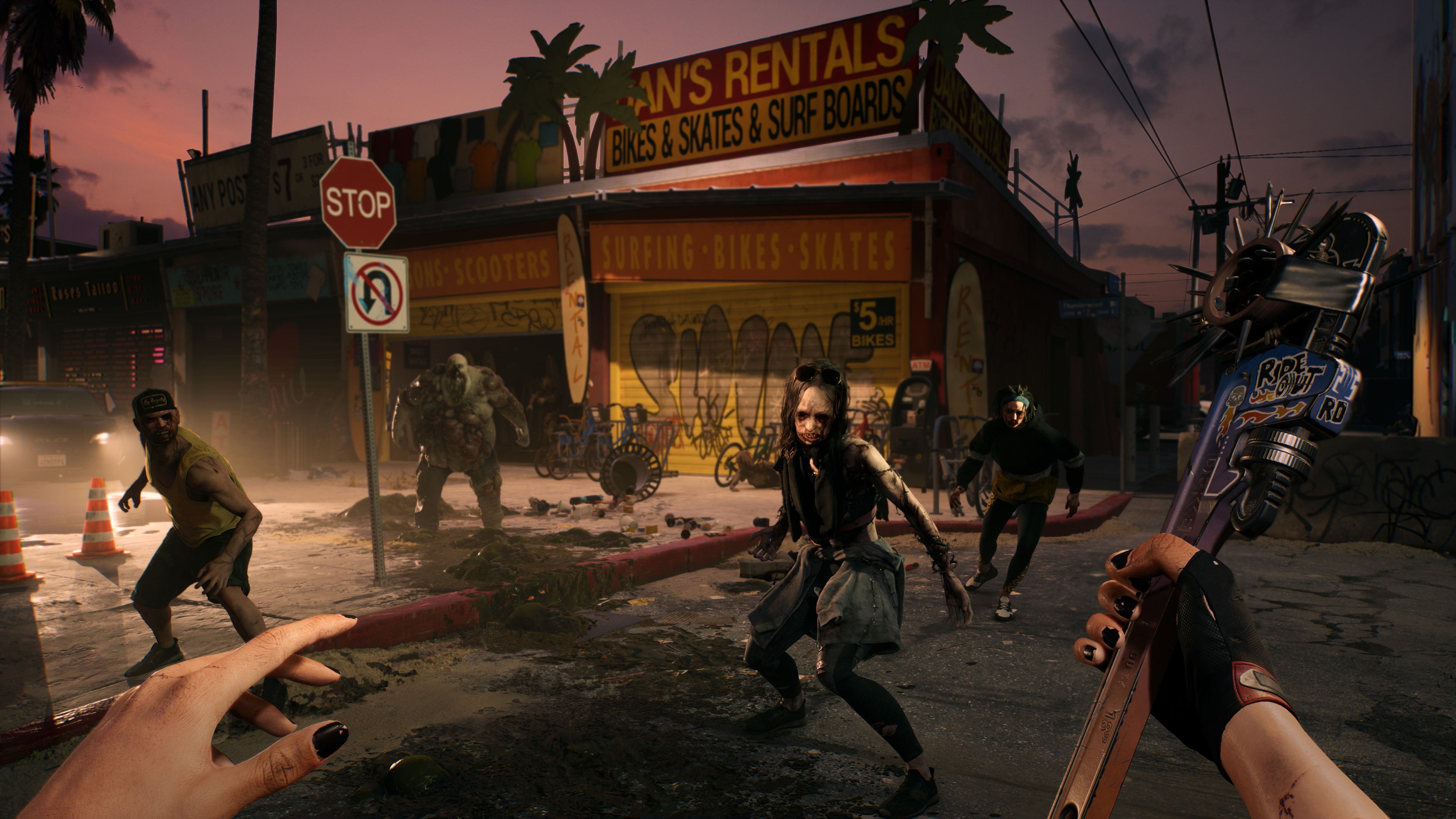
Last call
At this point, Dead Island 2 development was given to the internal Dambusters studio. Dambuster is appropriately named in this case, but its history may surprise some: This is what ultimately became of Free Radical Design, the Nottingham-based studio set up by GoldenEye veterans, who went on to create the Timesplitters series.
Free Radical eventually went into administration, thanks largely to LucasArts cancelling Star Wars Battlefront 3, and was bought by Crytek, becoming Crytek UK. This would, in a time of financial straits for Crytek, be acquired by Deep Silver in 2014, dissolved and re-formed as Dambusters. Its first and only shipped game so far is 2016's Homefront: The Revolution. This was a fairly competent but uninspired open-world shooter, which received a lot of bad press for widespread technical issues at launch. It wasn't the disaster some claimed, but it was far from great.
After announcing its third developer in five years, Deep Silver went quiet on Dead Island 2's development and when it could expect to be seen. The whispers of vaporware had long circled around the project, arguably unfairly, when this was more of a 'ready when it's ready' deal.
Then, finally, it was time for another trailer to once more try and crank the anticipation up: You be the judge.
It seems slightly incredible that now… it may really happen. Dead Island 2 finally has a release date it might make. Whether it will remains to be seen.
Dambusters was apparently given the project in 2018, and game director David Stenton told PC Gamer this Dead Island 2 has been "built from scratch". While this is unsurprising, it's also unclear whether Stenton's talking in a purely technical sense or if some old ideas remain.
But the biggest question of all is, after this long and protracted of a development process, how on Earth can this game deliver? It feels a little like Dambusters, and Deep Silver, face expectations that will be impossible to match. Perhaps this really will be something special, something that was ultimately worth all the false starts and changes and cancellations along the way.
Or perhaps, after all that, this will just be a shambles, an animated corpse of a game patched-together from multiple dead ones. Perhaps Deep Silver is finally just cutting its losses, and relying on a great trailer to do the business once more. Soon enough, we'll know.
Catch up with our full list of Gamescom announcements from Opening Night Live and check our Gamescom schedule to find out when to watch everything else.

Rich is a games journalist with 15 years' experience, beginning his career on Edge magazine before working for a wide range of outlets, including Ars Technica, Eurogamer, GamesRadar+, Gamespot, the Guardian, IGN, the New Statesman, Polygon, and Vice. He was the editor of Kotaku UK, the UK arm of Kotaku, for three years before joining PC Gamer. He is the author of a Brief History of Video Games, a full history of the medium, which the Midwest Book Review described as "[a] must-read for serious minded game historians and curious video game connoisseurs alike."

